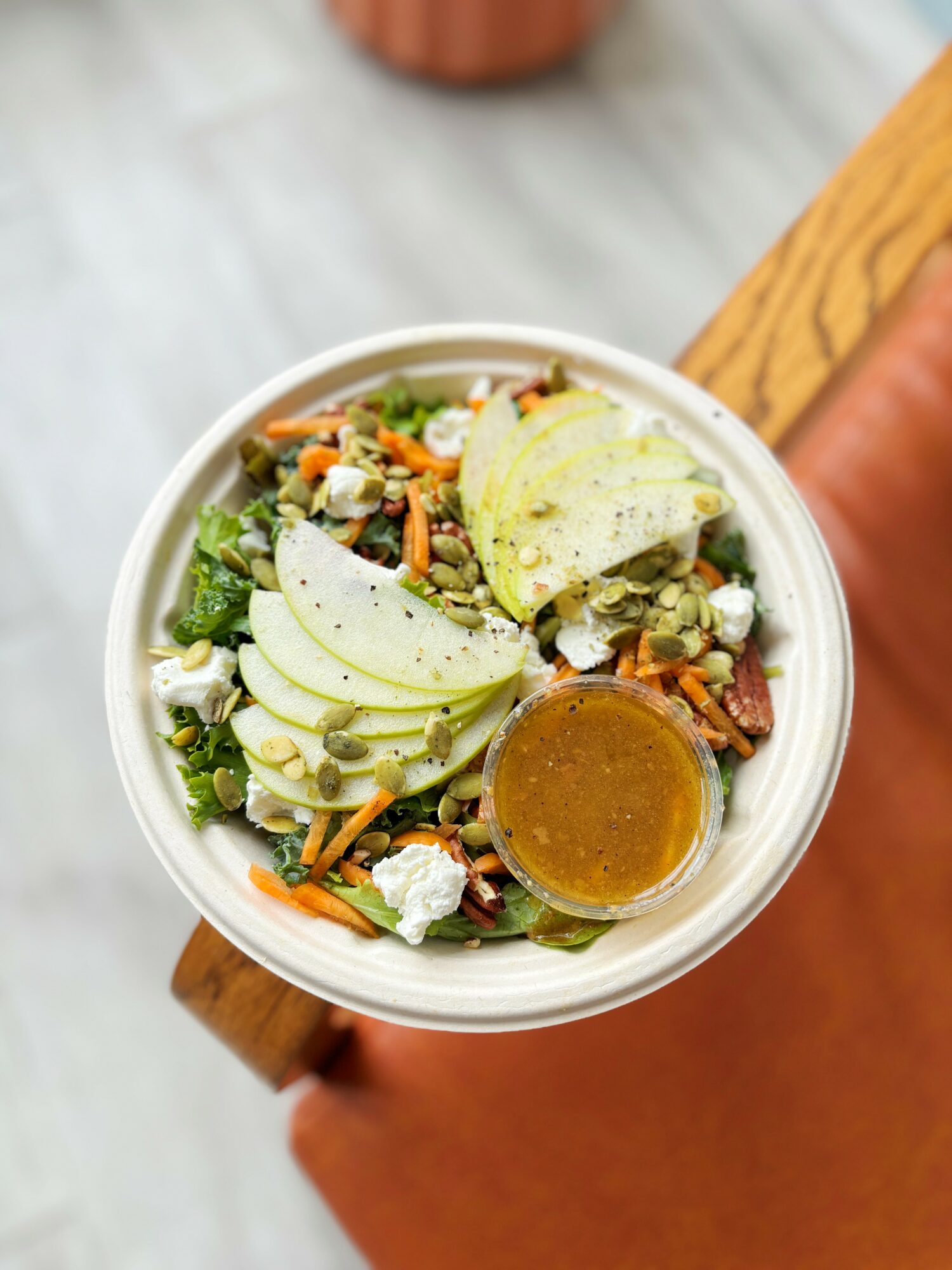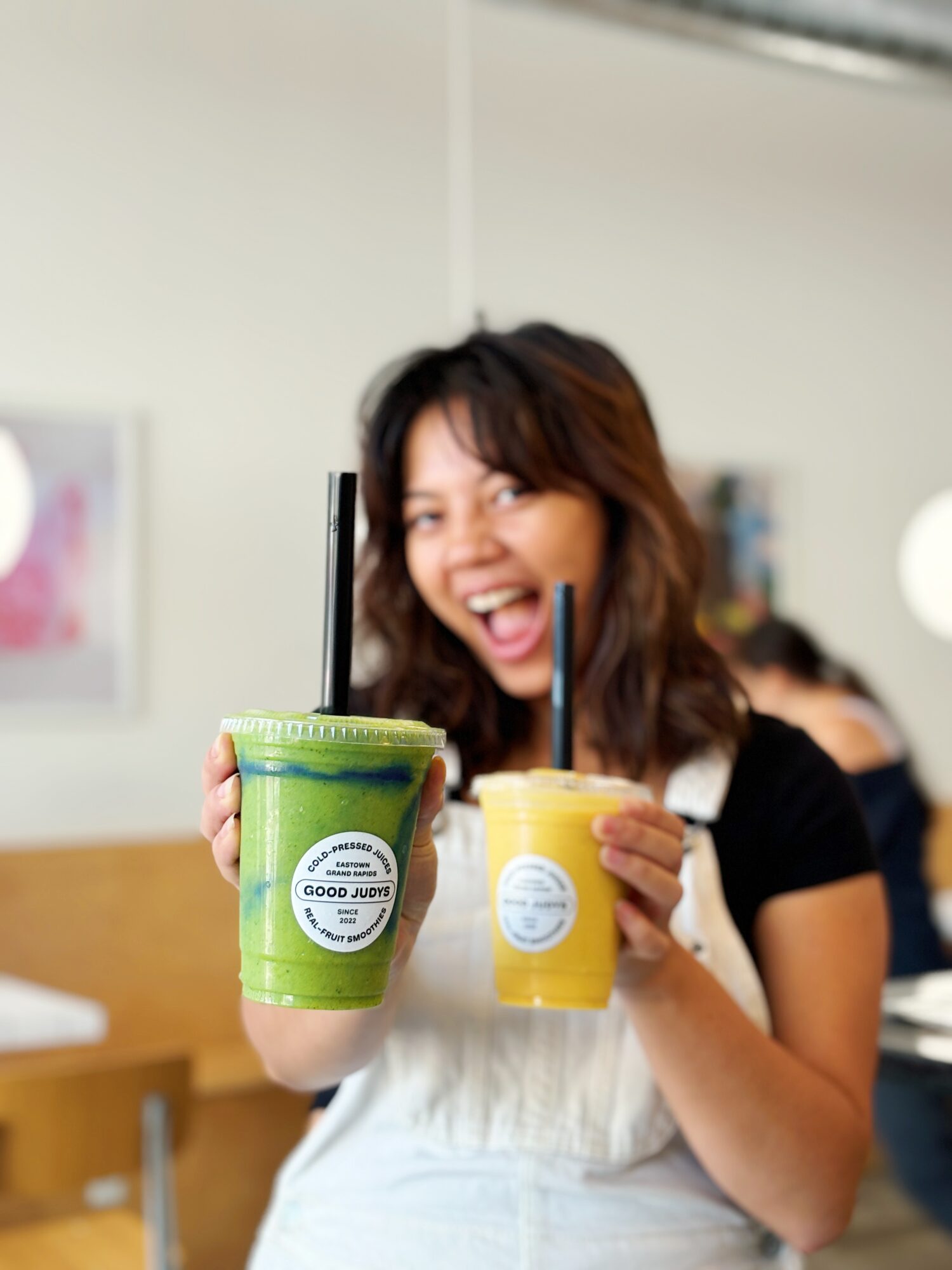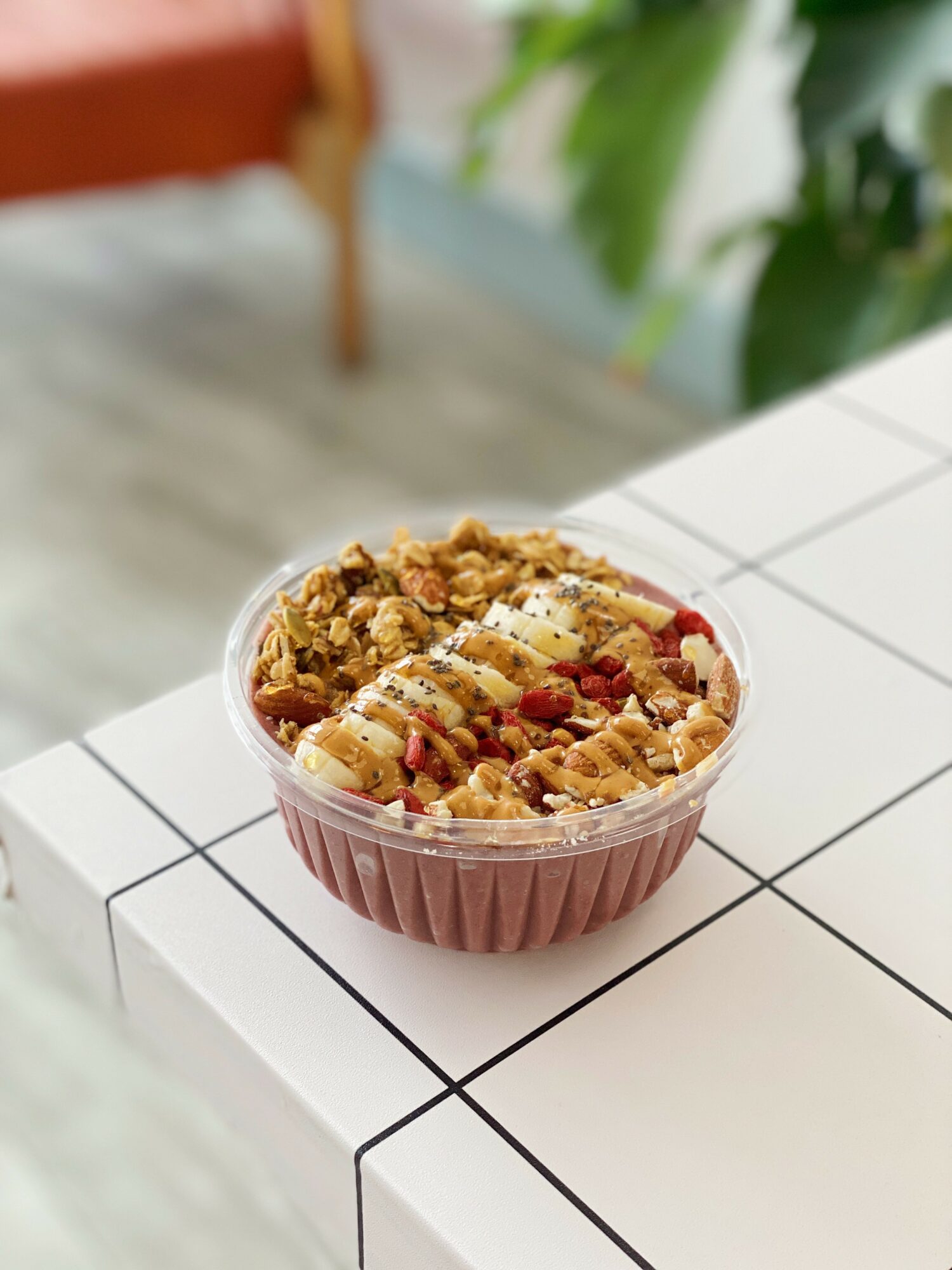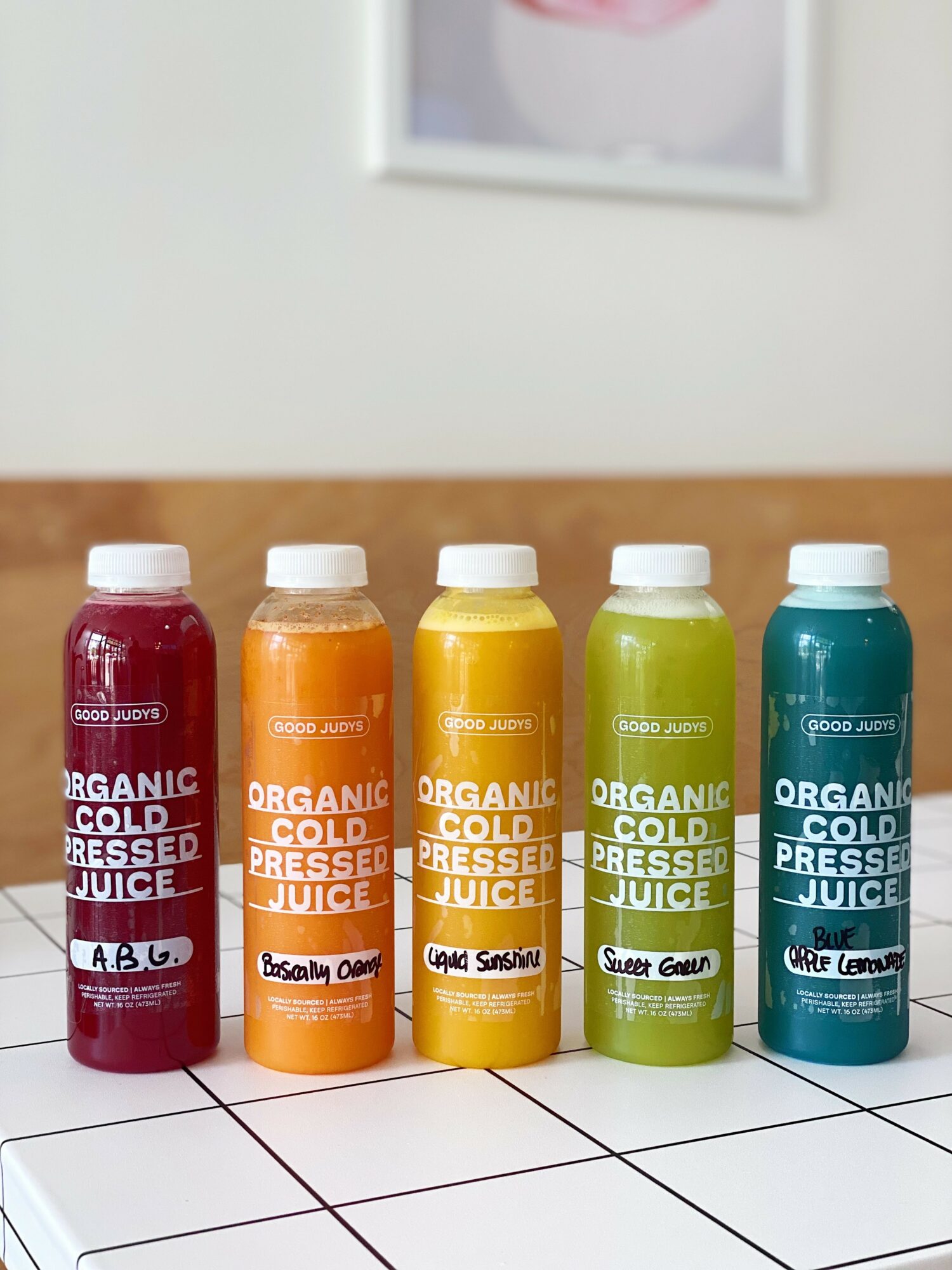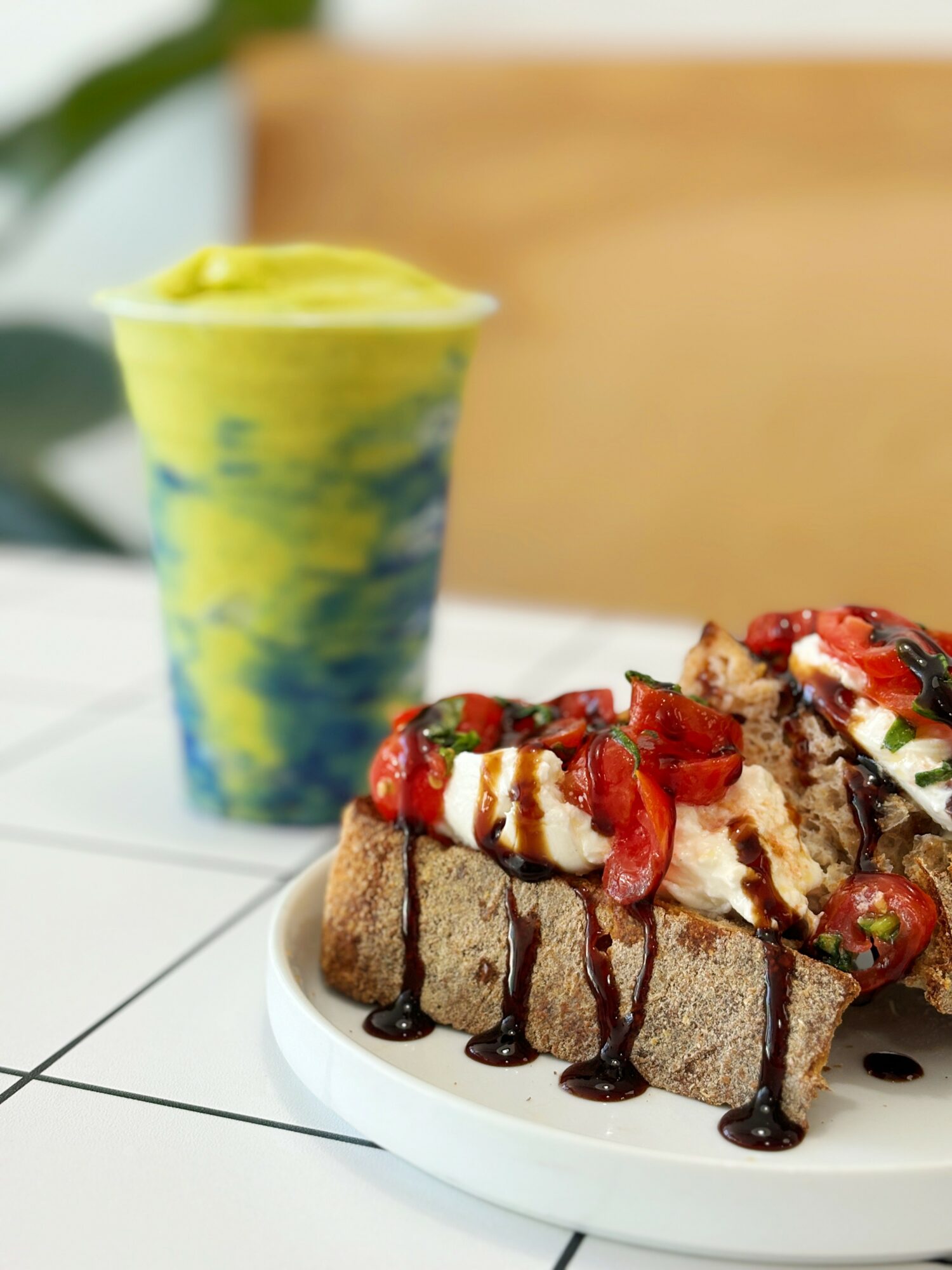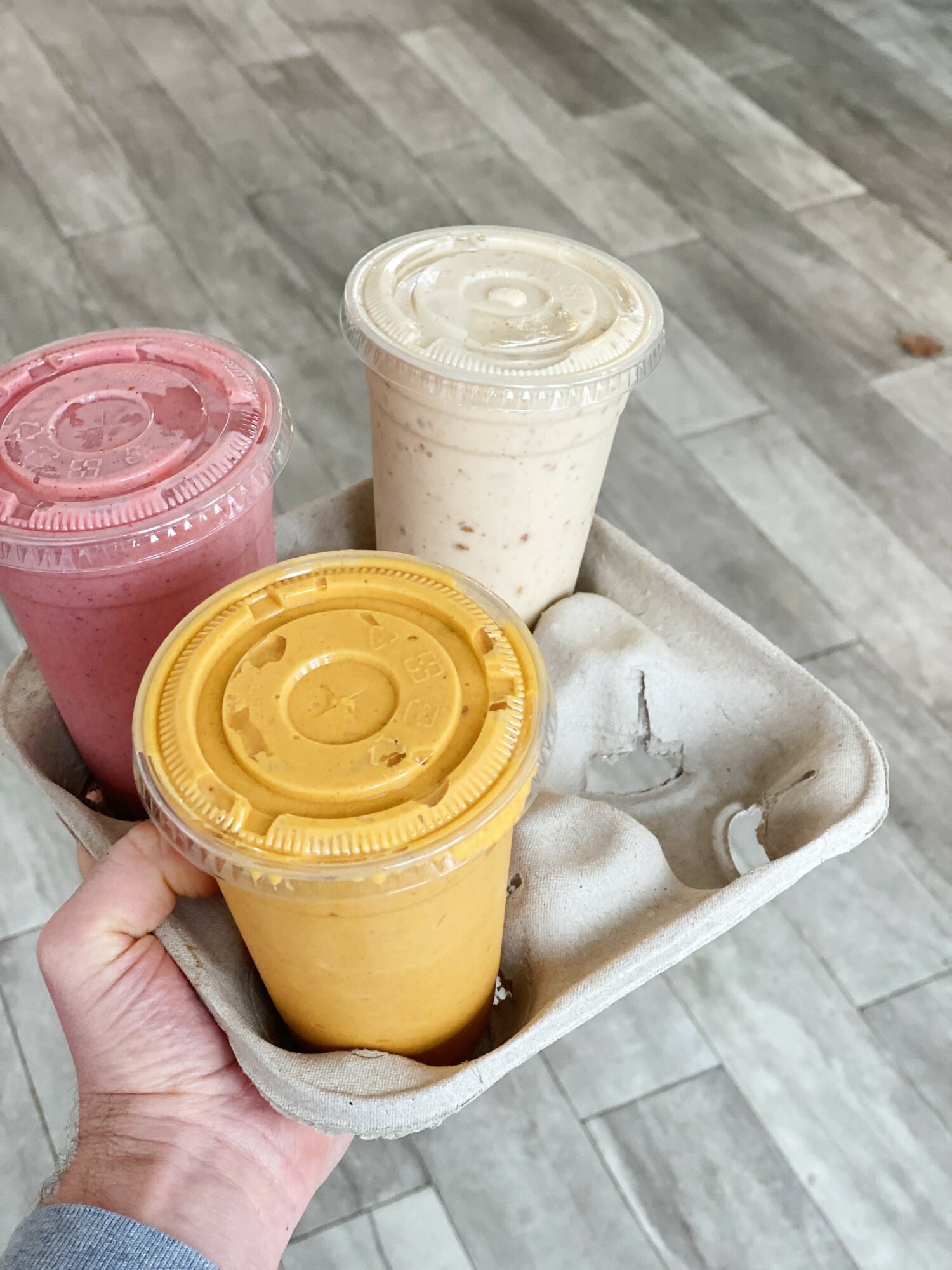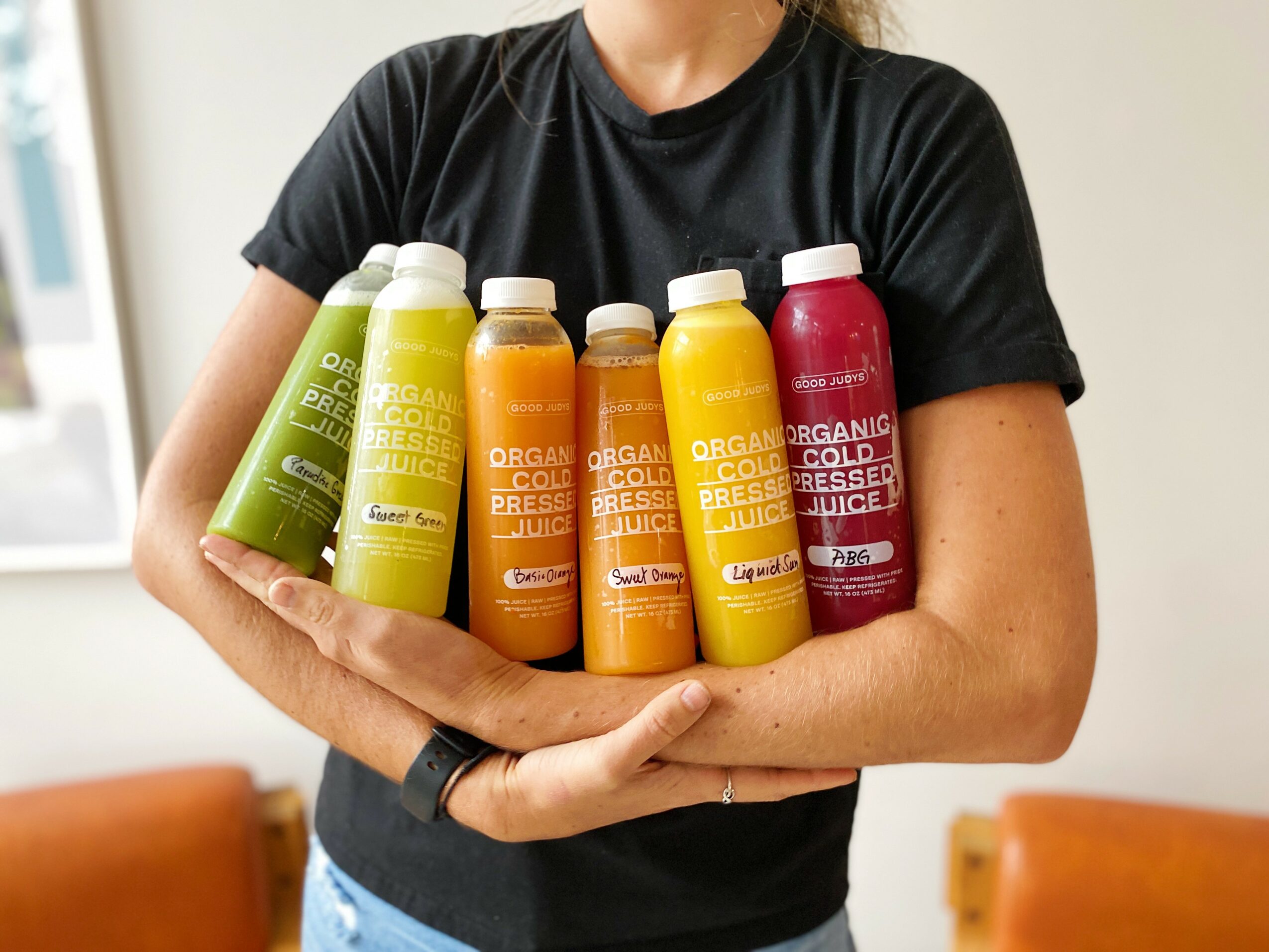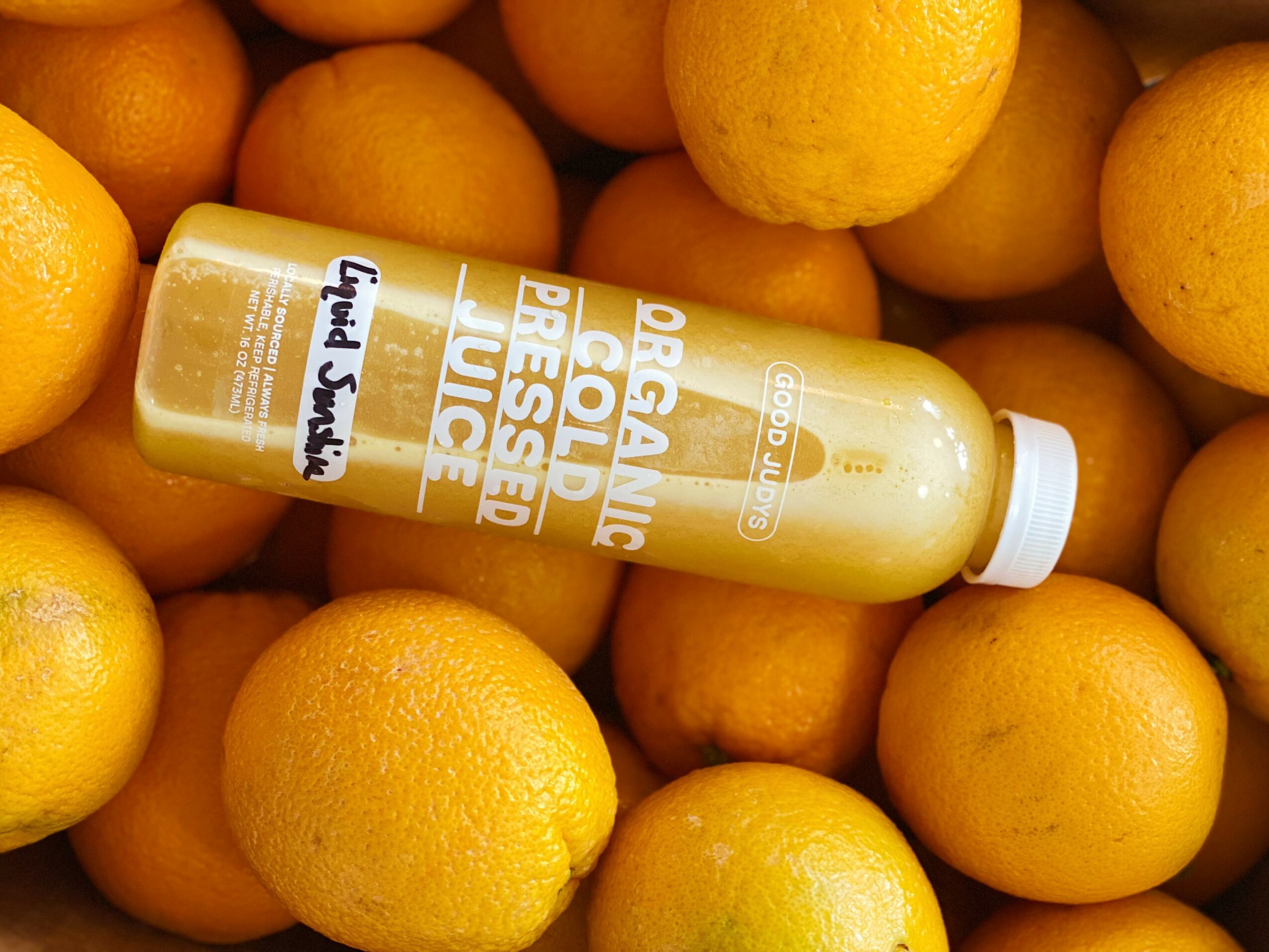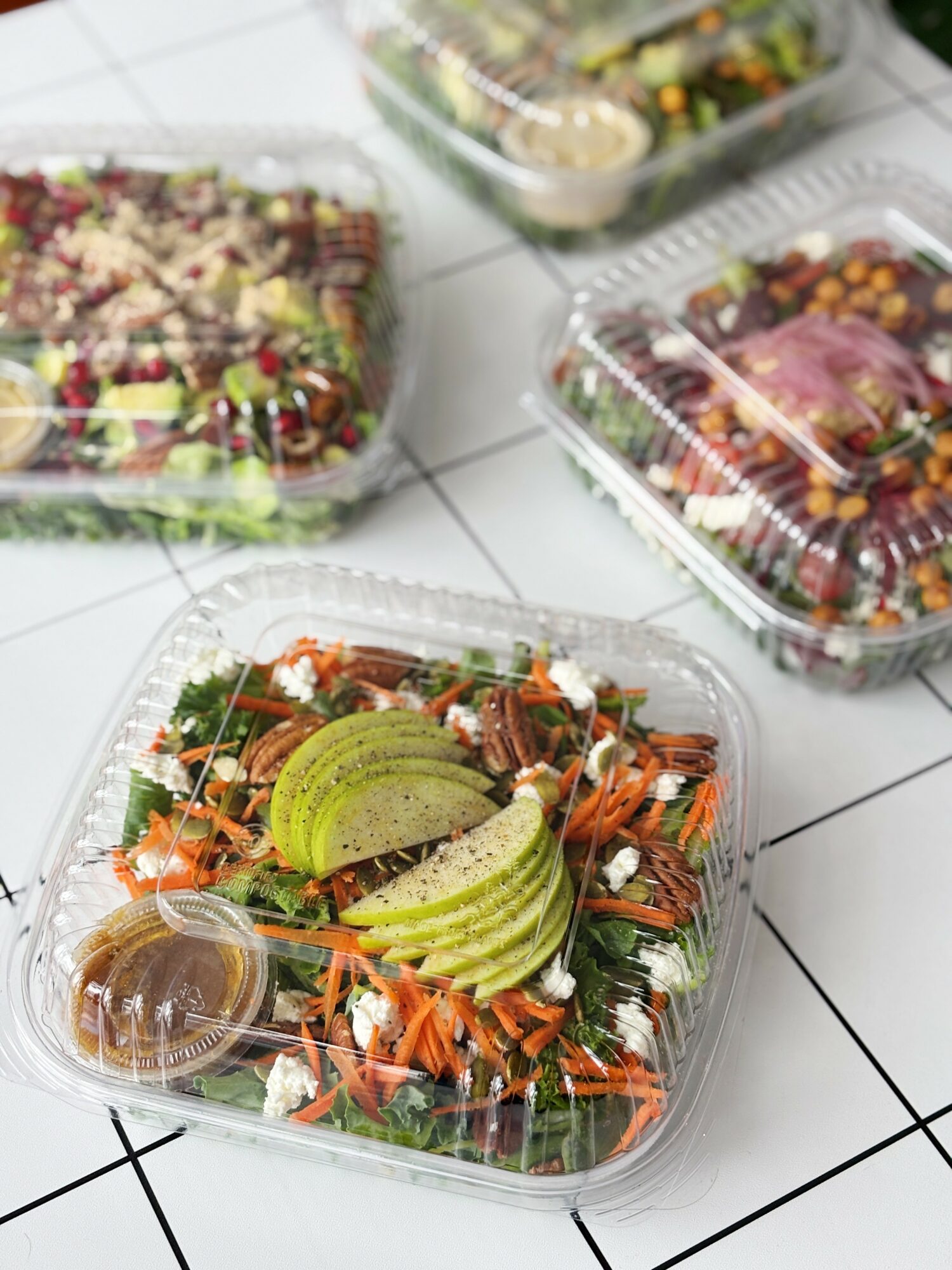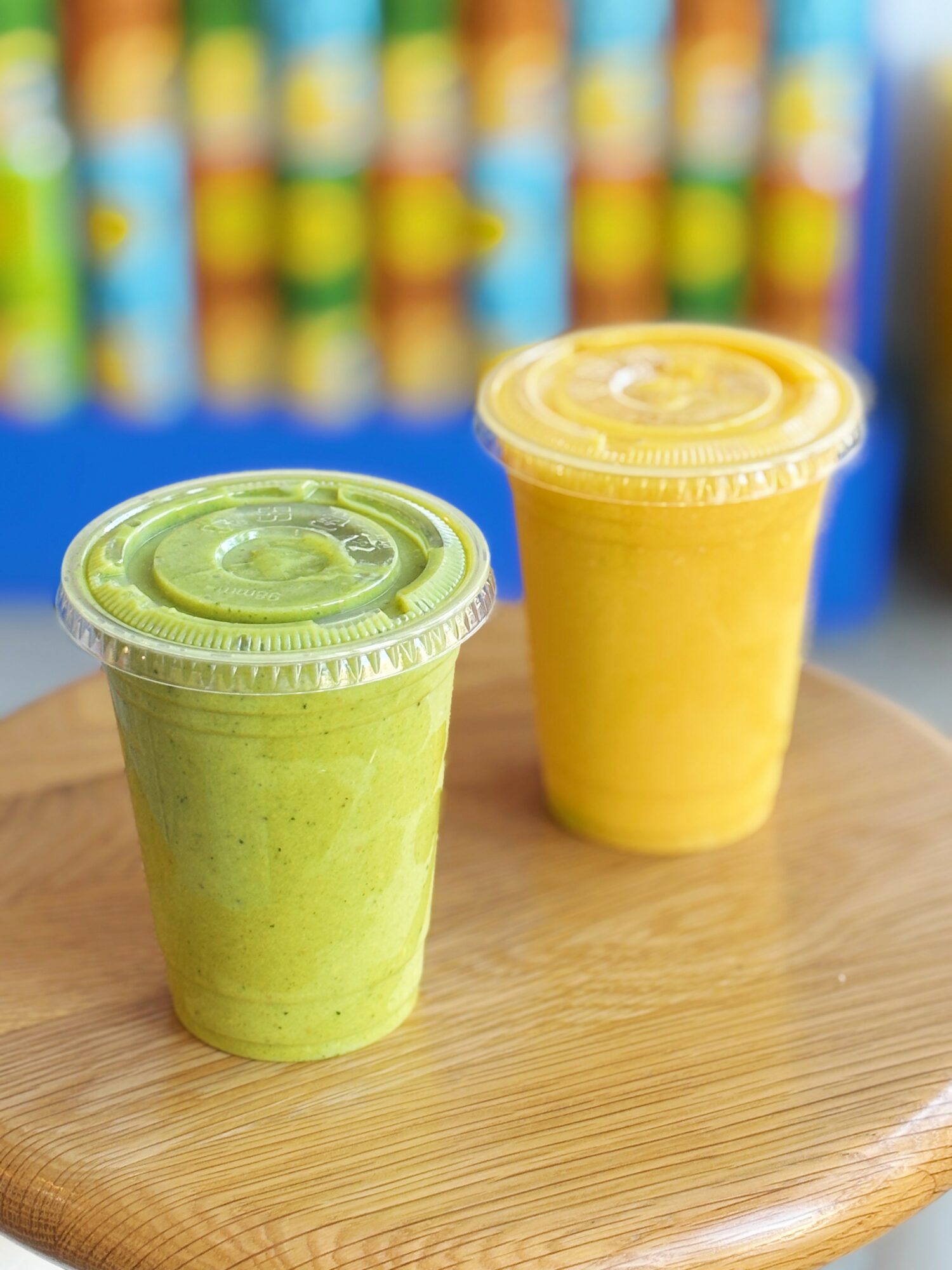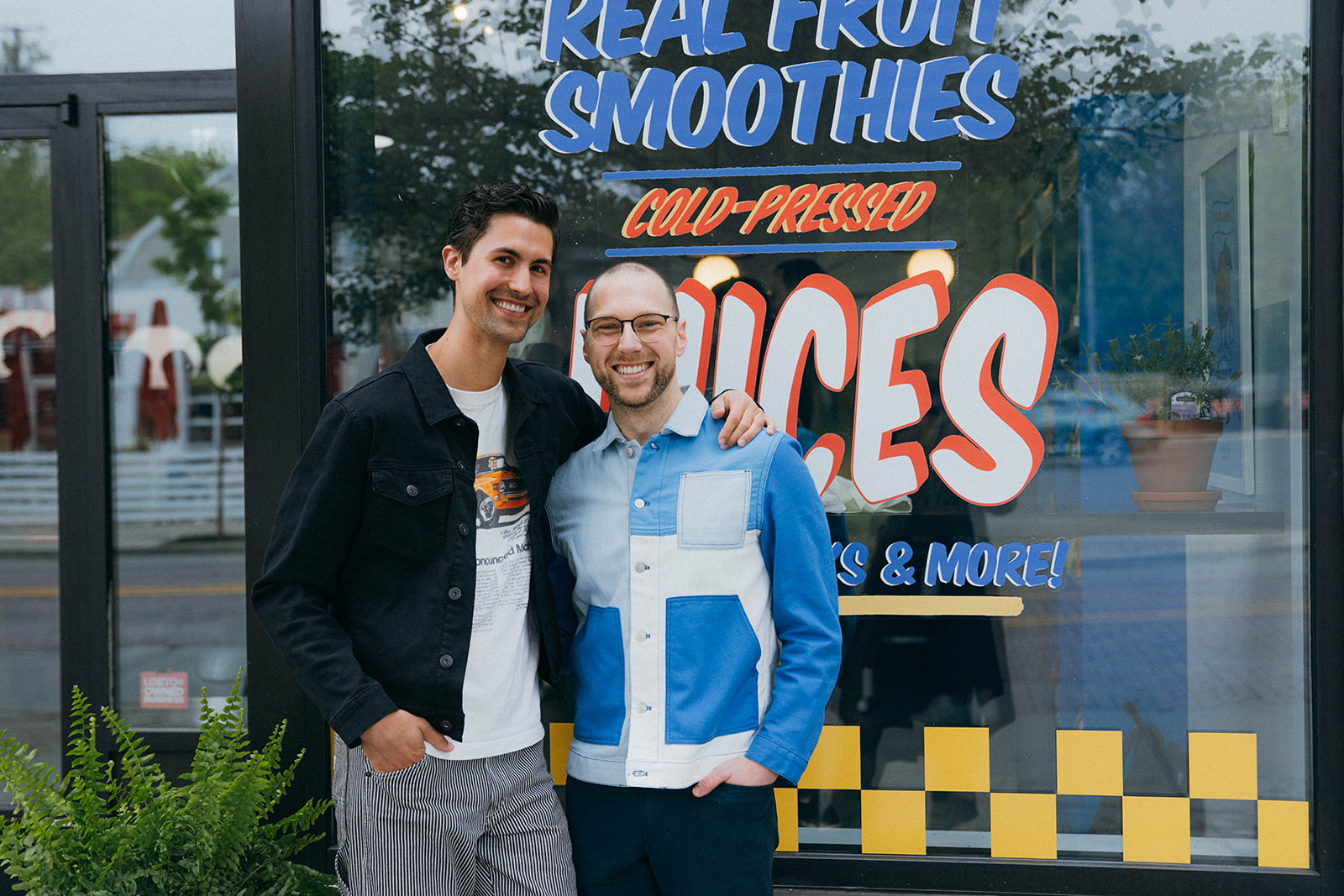

Today we’d like to introduce you to Dean Jeffery
Hi Dean, we’d love for you to start by introducing yourself.
From an early age, I (Dean) had a deep love for food and cooking. I spent hours in the kitchen, experimenting with flavors and techniques, which eventually led me to explore plant-based eating in my early teens. I became fascinated by the way food fuels the body, how the right ingredients can nourish, energize, and even heal. Some of my earliest culinary inspiration came from watching Iron Chef—back in the days when it was still dubbed over. The intensity, the creativity, the ability to craft something extraordinary under pressure—it all left me in awe.
While my passion for food was always there, my career path initially took me in a different direction. I studied marketing and sustainability at Grand Valley State University, which led me into the world of commercial furniture. I worked for a Belgian educational furniture company before transitioning to a restaurant and hospitality furniture manufacturer. It was there that I took a deep dive into restaurant design and fell in love with the intricacies of creating a space that shapes customer experience. I had the privilege of learning from some of the best interior designers—the minds behind the most well-known chain restaurants, those who truly understand what drives consumer behavior. The smallest details, often unnoticed by the average diner, make all the difference. For instance, some large chains intentionally design their chairs to become uncomfortable after 15 minutes to encourage faster table turnover.
Working for a smaller company also meant wearing multiple hats, which led me to teach myself graphic design, composition, and typography. I wanted to develop my portfolio, and in doing so, I created a concept for a juice bar—Good Judy’s. At first, it was just a creative exercise, something to sharpen my design skills. But when I showed the concept to my partner (in life and business), Connor, things took on a life of their own. Before we knew it, we had a lease signed, recipes developed, and an opening date on the horizon.
Connor’s path to Good Judy’s was different but deeply aligned with our shared vision. He spent his youth as a competitive soccer player, eventually playing Division 1 in college. After earning his bachelor’s degree, he pursued a career in medicine and became a Physician Assistant. His background in sports taught him how to fuel his body for optimal performance, and his medical training reinforced the importance of food as a foundation for health. During the pandemic, we both realized just how few places in our neighborhood offered fresh, healthy, and affordable food—especially plant-based options. Too often, plant-based dishes at restaurants feel like an afterthought rather than an intentional creation.
With Good Judy’s, we set out to change that. But our journey wasn’t just about business—it was about creating a space that felt welcoming, thoughtful, and joyful. We approached food simply: real ingredients, bold flavors, and a focus on making people feel good from the inside out. Every recipe, every detail of our space, and every interaction with our customers is rooted in that belief. What started as a design project became something so much more—a place where community, nourishment, and creativity come together.
I’m sure it wasn’t obstacle-free, but would you say the journey has been fairly smooth so far?
Maybe I’m crazy, but is starting a new business ever a smooth road? If there’s one thing my experience in the corporate world taught me, it’s this: focus on what you’re good at, and when possible, bring in experts for the things you’re not. We leaned into that philosophy hard—scaling back on some of our bigger investments so we could afford coaching and training in the areas where we had less experience.
Neither Connor nor I had much hands-on experience in food service, but we had skills from other industries that helped us shape Good Judy’s as efficiently as possible. My background in LEAN manufacturing played a big role in optimizing our kitchen layout, ensuring we could make juices and smoothies quickly without wasted movement or inefficiencies. Connor’s expertise in nutrition helped us develop well-balanced recipes with the right mix of healthy fats, protein, and carbs. We also made intentional choices about ingredients—prioritizing real fruit and using agave or dates as our sweeteners of choice since they have a lower impact on blood sugar.
One of the best decisions we made was doing a soft opening with a limited menu. It gave us the time and space to work out kinks before fully launching. But even with all our preparation, some challenges took us by surprise—like navigating the licensing process for our kitchen. Dealing with local government agencies felt like learning an entirely new language, and it was one of those “trial by fire” moments that no amount of research can fully prepare you for.
Then there was the challenge of working together—not just as partners in life, but as business partners under pressure. We’ve been together for 12 years, but running a kitchen during a lunch rush brings out a whole different level of stress. Learning how to navigate that dynamic, communicate effectively, and keep things fun even in high-pressure moments has been just as important as mastering the operations side of things.
At the end of the day, opening Good Judy’s wasn’t just about launching a business—it was about embracing the process, learning as we go, and making sure that every decision aligns with our mission: to create fresh, intentional, and nourishing food in a space that feels good to be in. And as a Virgo, I’ve had to remind myself that sometimes 80% perfection is better than never launching at all—whether it’s something as small as creating a new salad or drink, or as big as starting a whole new business. Letting go of that last 20% has been a lesson in itself, but it’s one that’s made all the difference.
Thanks for sharing that. So, maybe next you can tell us a bit more about your business?
Nestled in the heart of Grand Rapids’ Wealthy Street district, Good Judy’s Market & Juice Bar is what happens when your favorite corner store and the most fabulous juice bar you can imagine come together. This Michigan-born concept is more than just a place to grab a smoothie or cold-pressed juice—it’s a carefully curated hub of better-for-you snacks, fresh, organic ingredients, and a deep commitment to supporting small and minority-owned businesses.
Everything we serve is made with intention. Our juices, dressings, and spreads are crafted in-house using a mix of local and organic produce. We go beyond just offering healthier food—we prioritize working with businesses that share our values. 95% of the snack brands we carry come from minority-owned, small businesses, and we make it a point to collaborate with queer-owned brands and artists whenever possible. We’ve worked with queer artist Dillon Johnson on exclusive designs and partnered with Transfigure Print Co. for our merch production. Our salad greens come from Superbloom Farms, a women-owned container farm just up the road, and Vertical Paradise, a local hydroponic farm 20 minutes from downtown Grand Rapids. We use Field & Fire bread for our toasts and source many of our spices from Global Infusions, another women-owned business right here in the city.
But at its heart, Good Judy’s is about more than just good food—it’s about fostering connection. We’ve built a space where the community can gather, feel welcome, and enjoy nourishing food in an environment that feels intentional and inclusive. That’s why we host regular events in our space, from monthly pop-up yoga classes to artist markets and even stand-up comedy nights.
Connor and I love this neighborhood deeply, and opening Good Judy’s has been one of the most rewarding ways to contribute to the Grand Rapids community. What started as a dream is now a space where people can come together, celebrate good food, and feel at home—and we wouldn’t have it any other way.
Do you have any advice for those just starting out?
Before opening Good Judy’s, the best advice I received wasn’t from a business coach or a financial advisor—it was from my therapist. He told me, “There is always a way out.” As a risk-averse, chronic overthinker, that simple phrase reshaped my entire mindset. If you’re considering taking the leap into business ownership, my advice is to build a solid foundation first—map out a plan, run through the best- and worst-case financial models, and then take the plunge. My therapist reminded me that if things went south or we ended up hating restaurant life, nothing was permanent. There would always be options—finding someone to take over the lease, paying a cancellation fee, getting creative. That perspective was oddly freeing.
Another game-changer? Therapy. (And no, the therapy community is not paying me to say this.) Connor and I both worked with a therapist before opening Good Judy’s to strengthen our communication—both with each other and, eventually, with employees. Owning a business comes with its fair share of frustrations, and having a space to process those challenges made a world of difference. We’re far from perfect, and we’re constantly growing as business owners and leaders, but the foundation we built in therapy has been a huge factor in our success.
And finally—do your homework. My background in business planning, finance, and product development gave me an edge when it came to financial forecasting, but I still made sure to look at every possible scenario—the good, the bad, and the ugly—before we fully committed. There’s no way to eliminate risk entirely, but understanding what you’re walking into gives you the confidence to take that first step. And sometimes, taking the leap is the hardest part.
We also started small, we wanted to do a “proof of concept” before we fully invested in things for the business. It was part of our strategy to do things quickly, fail fast, learn and then adjust. Now that we’re just over two years into the business we’ve learned what works, what our customers really like, and where to invest our money. Example, we opted for a smaller commercial cold-pressed juicer to keep our initial investment costs lower, but once we built up the demand, we were able to justify the larger investment for the big juicer. That change was huge for our business and allowed us to increase our product margins, reduce our time actually juicing each day, and opening up a new world of catering and larger orders.
One of the best examples of this strategy was our juicer. We started with a smaller commercial cold-pressed juicer to keep our initial costs low. But as demand grew, we were able to justify the investment in a larger, high-capacity juicer—a decision that completely changed our business. It allowed us to increase our product margins, cut down on the time we spend juicing each day, and even opened the door to catering and larger wholesale orders.
Taking this intentional, phased approach to growth gave us the flexibility to refine our operations without overextending ourselves. Every lesson, every adjustment, and every smart investment has helped shape Good Judy’s into what it is today.
Pricing:
- $10-20
Contact Info:
- Website: https://www.drinkgoodjudys.com
- Instagram: @goodjudysgr
- Facebook: https://www.facebook.com/drinkgoodjudys
- LinkedIn: https://www.linkedin.com/in/deanjeffery1
- Yelp: https://www.yelp.com/biz/good-judy-s-market-and-juice-bar-grand-rapids
